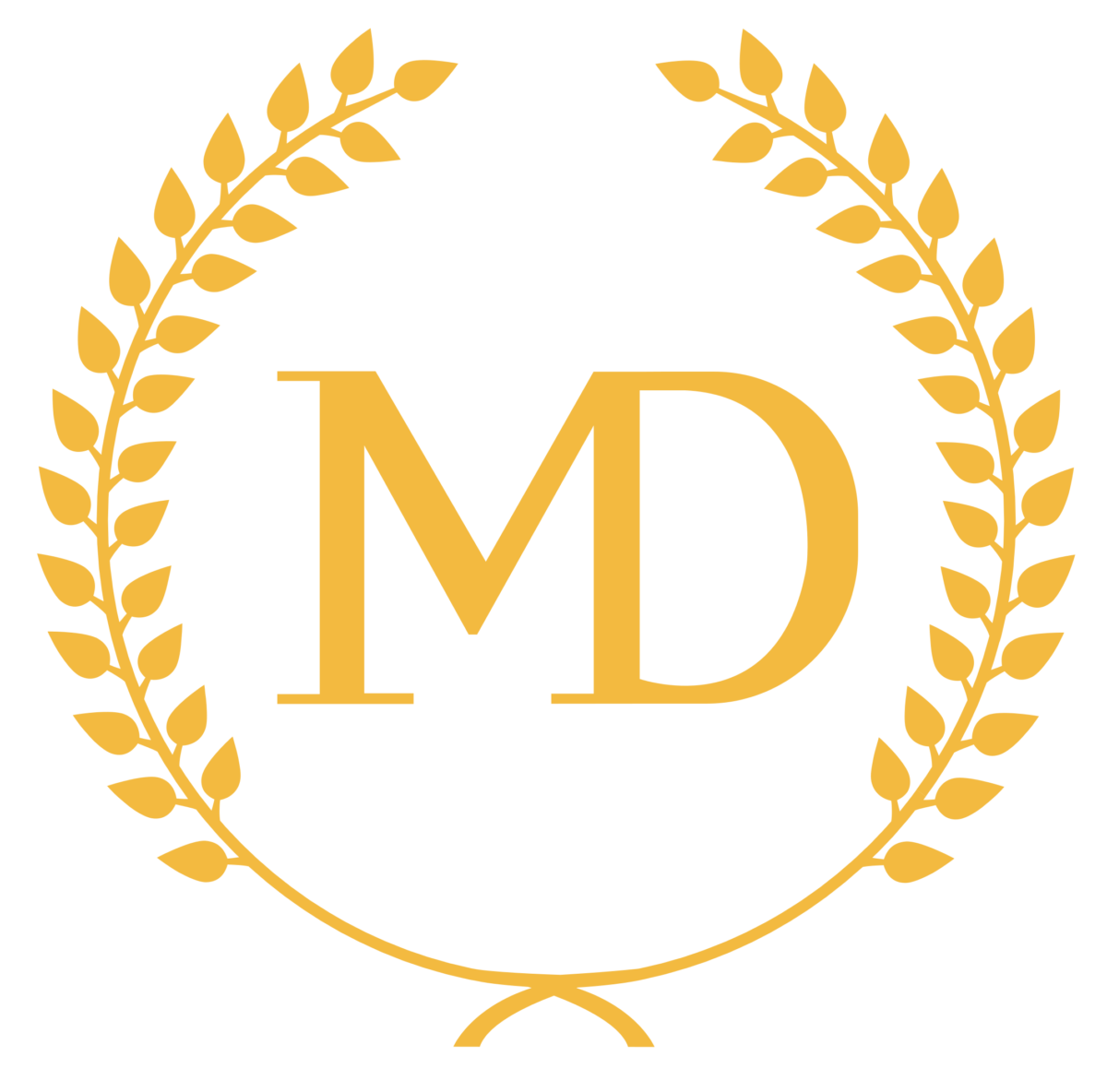
Professional Organizations:
- American Society of Crime Lab Directors (ASCLD)
- Board of Directors (former)
- Training and Education Committee
- Instructor for the ASCLD Leadership Academy
- National Forensic Science Academy Board of Directors
Dr. Timothy Scanlan has over twenty-two years of law enforcement experience and retired as a Deputy Chief, commanding the Technical Services Bureau for a major law enforcement agency. In that role, he supervised a multidisciplinary accredited crime laboratory, digital forensics unit, crime scene division, as well as other support elements, including the 911 Division. He is a court qualified expert in firearm and tool mark examination, bloodstain pattern analysis, crime scene reconstruction, and crime scene processing and analysis. He has testified in numerous criminal trials at both the state and federal levels. Additionally, Dr. Scanlan is the Director of the Forensic Science Minor Program at Loyola University of New Orleans and served as an adjunct professor within Florida International University’s Professional Science Master’s in Forensic Science program.
Timothy Scanlan is a former member of the American Society of Crime Laboratory Directors Board of Directors, and has taught Leadership Communication for the ASCLD Leadership Academy, since its inception in 2014. He currently is a member of the National Forensic Science Academy Board of Directors.
Timothy Scanlan obtained a Master of Science in Forensic Science degree from Florida International University, where his graduate research focused on the corrosive effect of blood on projectiles. He presented the results of this extensive study at the American Academy of Forensic Sciences’ Fifty-seventh meeting and at the International Forensic Science Symposium in Taipei, Taiwan. Timothy Scanlan obtained his doctorate degree (Ph.D.) in Public Policy and Administration from Walden University with a specialization in Homeland Security Policy and Coordination. His dissertation was entitled “Influences of CSI Effect, Daubert Ruling, and NAS Report on Forensic Science Practices”.

